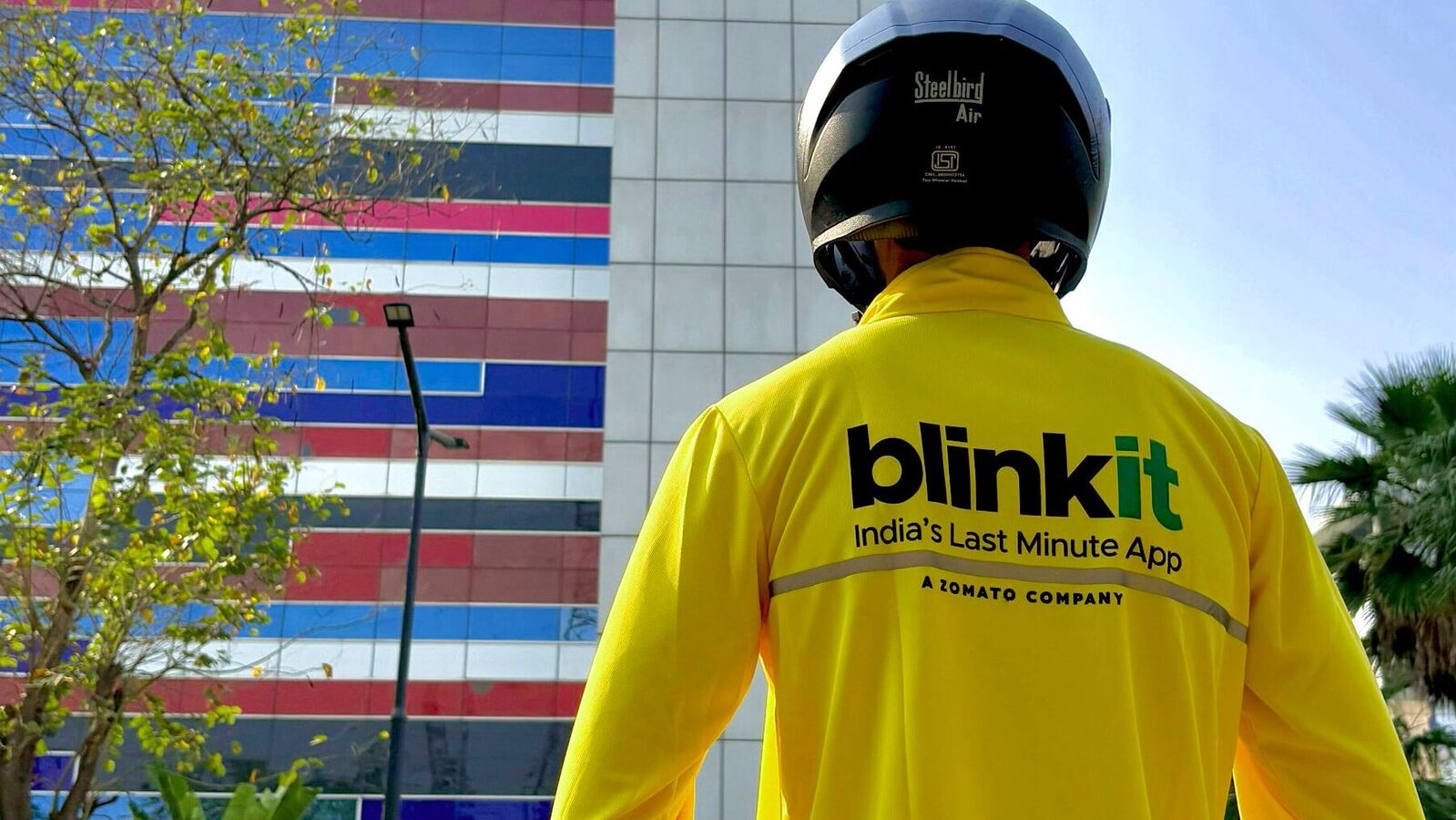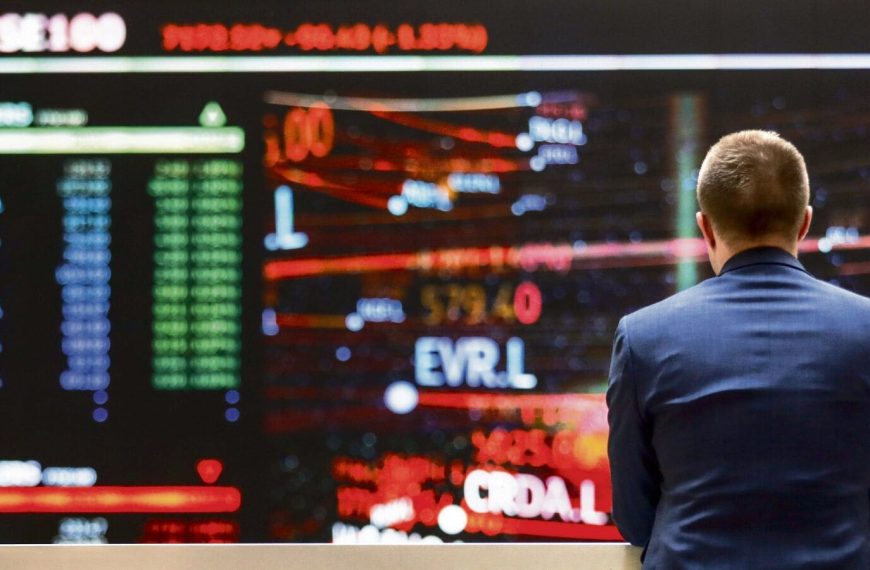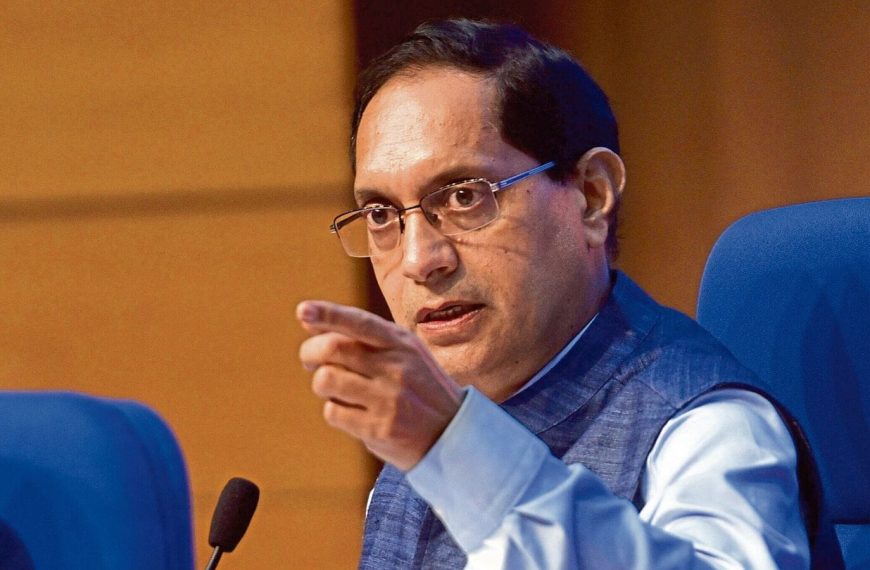In a significant update from the food delivery sector, Eternal, previously known as Zomato, reported a staggering 78% year-on-year decline in its net profit for the January-March quarter of the 2024-25 financial year, plummeting to ₹39 crore. This downturn primarily stems from intensified investments in its quick-commerce venture, Blinkit. Additionally, the shift in consumer preferences towards rapid delivery services has adversely impacted the traditional food delivery segment.
Blinkit’s Performance and Challenges
During the same quarter, Blinkit’s adjusted EBITDA losses rose sharply to ₹178 crore, up from ₹103 crore in the previous quarter. Eternal attributed this increase to their strategic plan to expedite the expansion of their store network.
- Key Metrics:
- New Store Openings: 294 net new stores added in Q4FY25, marking the highest quarterly addition ever.
- Customer Growth: Average monthly active users surged to 13.7 million from 10.6 million in the preceding quarter.
CEO Deepinder Goyal acknowledged that the surge in competition from quick-commerce players is significantly impacting demand for restaurant food deliveries. He highlighted that the quick commerce sector is poised for further competition as more players enter the market, particularly with non-grocery items.
Strategic Response to Competition
In light of the rising competitive landscape, Eternal has devised a comprehensive strategy to enhance its market position:
- Enhancing Customer Experience: Aim to deliver more consistent and reliable service.
- Expanding Product Range: Broaden the categories available for purchase on Blinkit.
- Increasing Market Footprint: Expand both physical store locations and the supply chain to efficiently serve a larger customer base.
These initiatives may lead to increased cash burn and could potentially delay Blinkit’s path to profitability.
Future Outlook for Blinkit
When asked about Blinkit’s profitability in the near future, founder and CEO Albinder Dhindsa indicated that any fluctuations in losses will depend on the pace of expansion and competitive dynamics. He emphasized that sustainable profitability will be achieved by focusing on long-term strategic priorities, as the market opportunity remains vast.
- Market Position: According to a recent Citi report, Blinkit currently holds a dominant 41% market share in the quick commerce sector, leading over competitors like Zepto and Swiggy, who command 23% of the market.
Despite the challenges, both Dhindsa and Goyal maintain an optimistic outlook for the business’s long-term growth, prioritizing market share expansion over immediate profitability. The ongoing competition emphasizes the urgency for innovation and excellence in service delivery as the sector evolves rapidly.
For more insights on the dynamics of the quick commerce industry, consider exploring additional articles on market trends and consumer behavior shifts in food delivery.











